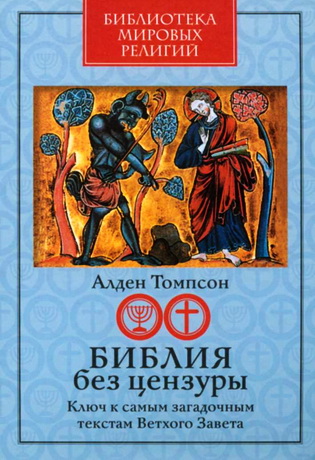
Audi - Cambridge Dictionary of Philosophy - модуль BibleQuote
Robert Audi - Cambridge Dictionary of Philosophy
New York, NY: Cambridge University Press, 2015. – 1201 p.
ISBN 978-1-107-01505-0 Hardback
ISBN 978-1-107-64379-6 Paperback
Philosophy has always done extraordinary things with ordinary terms – ‘believe’ and ‘know’, ‘cause’ and ‘explain’, ‘space’ and ‘time’, ‘justice’ and ‘goodness’, ‘language’ and ‘meaning’, ‘truth’ and ‘beauty’, ‘art’, ‘religion’, ‘science’, ‘mind’, ‘perception’, ‘reason’, and countless others. The field has numerous technical terms that are also difficult to define, but it presents a dictionary maker with an even greater challenge because of what it does with our everyday vocabulary. I mean not only the kinds of common words just listed but many perhaps humbler-sounding terms like ‘accident’, ‘action’, ‘grammar’, ‘set’, and ‘vague’. All of the everyday terms characterized in this volume are defined – in some manner – in standard dictionaries of the English language or covered in one or another encyclopedia. But many readers of philosophy – especially lay readers and those in other fields – need something quite different from both, a reference work much more specialized than the former and much less voluminous than the latter. However large they may be, ordinary dictionaries, even when accurate, are insufficiently informative to help readers who must look up terms for philosophical reasons; and, even when philosophically illuminating, encyclopedias and specialized reference books are often too lengthy, and sometimes too diffuse, to give readers a concise statement of what is philosophically central in the use of a term. This dictionary responds to the need for a comprehensive, multi-author philosophical reference work that is at once enormously wide in scope, intermediate in size, and authoritative in content. In far less space than is needed for comparable entries in an encyclopedia of philosophy or in a handbook devoted to a single subfield, this volume treats the multitude of subjects appropriate to a dictionary of philosophy with some of the depth made possible by specialist authors. It does this, so far as possible, in a way that makes many of its entries interesting reading for people simply curious about the intriguing concepts or the profound thinkers of the field.
In the first half of this century, the major philosophical dictionary published in English was James Mark Baldwin’s Dictionary of Philosophy and Psychology, a multi-author work published by Peter Smith of Gloucester, Massachusetts; it appeared in 1901 in two volumes (followed by a bibliography in 1905) and was reprinted with revisions in 1925. In the second half of the century, dictionaries of philosophy in English have been much smaller than Baldwin’s and either written by a single author or, occasionally, prepared by a group of writers rarely much larger than a dozen working within the confines of a small space. Few of the entries in these books are longer than 500 words; the most typical have been sketches of 150 words or less.
This dictionary, by contrast, is the work of an international team that includes 381 carefully selected contributors representing the major subfields of philosophy and many philosophical traditions. It contains substantial treatments of major philosophers, many of these entries running to several thousand words. It has hundreds of entries, often of 500 to 1,000 words, on other significant thinkers, and thousands of brief definitions of philosophically important terms. In addition, it provides detailed overviews, some more than 6,000 words, of the subfields of philosophy, such as epistemology, ethics, metaphysics, philosophy of mind, and philosophy of science. It supplies numerous cross-references to help readers in comprehending philosophical ideas, in understanding the terminology of the discipline, and in appreciating philosophers themselves. There are hundreds of entries on important terms and thinkers from non-Western philosophy, for instance from the Chinese, Indian, Japanese, and Korean traditions. The dictionary also covers a number of philosophically significant thinkers and terms from fields closely related to philosophy, including computer science, economics, law, linguistics, literature, mathematics, psychology and other behavioral sciences, and religion. The Appendix defines logical symbols and identifies other special symbols used in philosophy.
In an era that is producing a plethora of encyclopedias, companions, handbooks, and similar reference works, something more should be said about the need for a philosophical dictionary. These kinds of reference works differ significantly: a dictionary is definitional, though like this one it may be far more than that; encyclopedias, companions, and similar works sometimes do not define the terms that head their entries, and the main purposes of these works tend to be informational, historical, and bibliographical. There is no sharp distinction here; a definition may be informative, and the right kind of information about a topic can serve to define the concept in question. But in practice a good definition captures what is conceptually central to its target subject in a way that an encyclopedia or handbook article often does not (and need not) do at all, and quite commonly does not do in any brief, initial formulation.
* * *
Gorgias
(c.483–c.376 B.C.), Greek Sophist and teacher of rhetoric. From Leontini in Syracuse, he came to Athens in 427 B.C. as an ambassador from his city and caused a sensation with his artful oratory. He is known through references and short quotations in later writers, and through a few surviving texts – two speeches and a philosophical treatise. He taught a rhetorical style much imitated in antiquity, by delivering model speeches to paying audiences. Unlike other Sophists he did not give formal instruction in other topics, or prepare a rhetorical manual.
He was known to have had views on language, on the nature of reality, and on virtue. Gorgias’s style was remarkable for its use of poetic devices such as rhyme, meter, and elegant words, as well as for its dependence on artificial parallelism and balanced antithesis. His surviving speeches, defenses of Helen and Palamedes, display a range of arguments that rely heavily on what the ancients called eikos (‘likelihood’ or ‘probability’). Gorgias maintained in his “Helen” that a speech can compel its audience to action; elsewhere he remarked that in the theater it is wiser to be deceived than not. His short book On Nature (or On What Is Not) survives in two paraphrases, one by Sextus Empiricus and the other (now considered more reliable) in an Aristotelian work, On Melissus, Xenophanes, and Gorgias. Gorgias argued for three theses: that nothing exists; that even if it did, it could not be known; and that even if it could be known, it could not be communicated. Although this may be in part a parody, most scholars now take it to be a serious philosophical argument in its own right. In ethics, Plato reports that Gorgias thought there were different virtues for men and for women, a thesis Aristotle defends in the Politics.
See also Sophists
P.Wo.
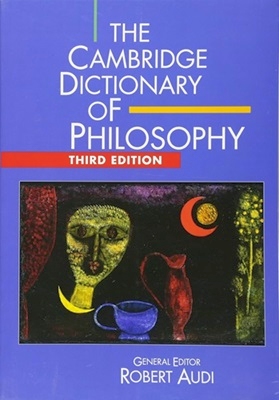
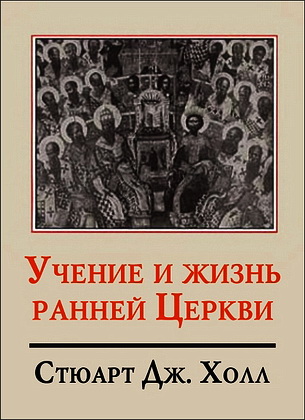
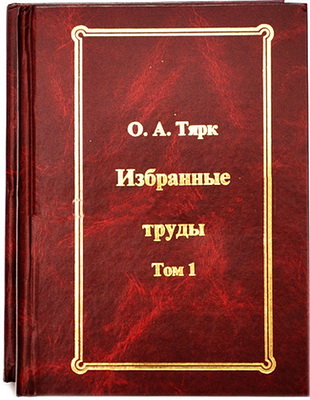
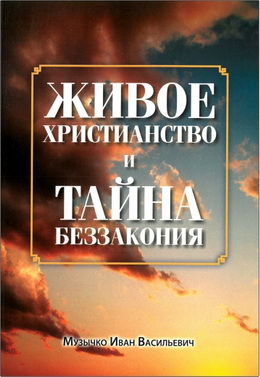
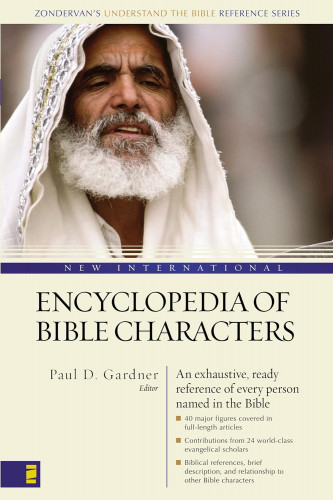
Комментарии
Пока нет комментариев. Будьте первым!